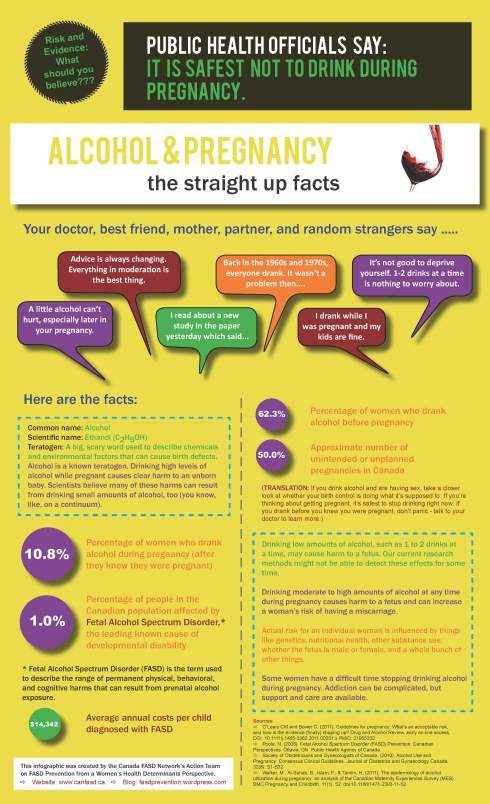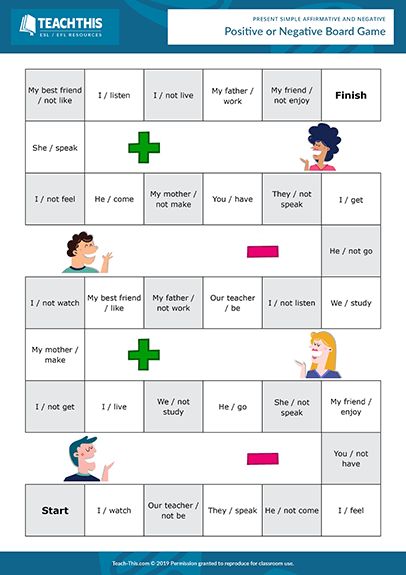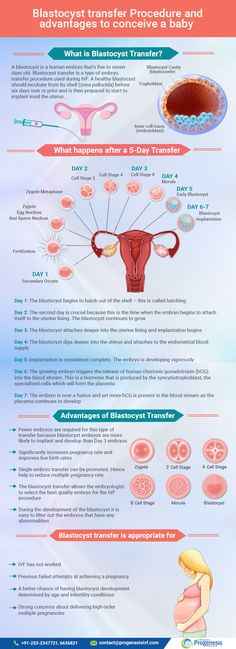Best vitamin for pregnant women
Vitamins and other nutrients during pregnancy
During pregnancy your baby gets all necessary nutrients from you. So you may need more during pregnancy than you did before pregnancy.
Taking prenatal vitamins and eating healthy foods can help give you all the nutrients you and your baby need during pregnancy.
Make sure your prenatal vitamin has folic acid, iron and calcium in it. Most have the right amount of each of these.
Talk to your provider to make sure you get enough vitamin D, DHA and iodine each day.
Don’t take any supplements without your provider’s OK.
What are prenatal vitamins?
Prenatal vitamins are multivitamins for pregnant women or women who are trying to get pregnant. Compared to a regular multivitamin, they have more of some nutrients that you need during pregnancy. Your health care provider may prescribe a prenatal vitamin for you, or you can buy them over the counter without a prescription. Take a prenatal vitamin every day during pregnancy. If you’re planning to get pregnant, start taking prenatal vitamins before you get pregnant.
Your body uses vitamins, minerals and other nutrients in food to strong and healthy. During pregnancy, your growing baby gets all necessary nutrients from you. So you may need more during pregnancy than you did before. If you’re pregnant with multiples (twins, triplets or more), you may need more nutrients than if you’re pregnant with one baby. Your prenatal vitamin contains the right amount of nutrients you need during pregnancy.
If you’re a vegetarian, have food allergies or can’t eat certain foods, your provider may want you to take a supplement to help you get more of certain nutrients. A supplement is a product you take to make up for certain nutrients that you don’t get enough of in foods you eat. For example, your provider may recommend that you take a vitamin supplement to help you get more vitamin D, iron or calcium.
Which nutrients are most important during pregnancy?
All nutrients are important, but these six play a key role in your baby’s growth and development during pregnancy:
- Folic acid
- Iron
- Calcium
- Vitamin D
- DHA
- Iodine
What is folic acid?
Folic acid is a B vitamin that every cell in your body needs for healthy growth and development. Taking folic acid before and during early pregnancy can help prevent birth defects of the brain and spine called neural tube defects (also called NTDs). Some studies show that taking folic acid may help prevent heart defects and birth defects in your baby’s mouth (called cleft lip and palate).
Taking folic acid before and during early pregnancy can help prevent birth defects of the brain and spine called neural tube defects (also called NTDs). Some studies show that taking folic acid may help prevent heart defects and birth defects in your baby’s mouth (called cleft lip and palate).
- Before pregnancy take a vitamin supplement with 400 mcg of folic acid every day.
- Take a vitamin supplement with 400 mcg of folic acid each day, even if you’re not trying to get pregnant.
- During pregnancy, take a prenatal vitamin each day that has 600 mcg of folic acid in it.
Check the product label to see how much folic acid is in it.
If you’re at high risk for having a baby with an NTD, talk to your provider about how you can safely take 4,000 mcg of folic acid each day to help prevent an NTD. Start taking 4,000 mcg at least 3 months before you get pregnant and through the first 12 weeks of pregnancy. You’re at high risk if:
- You’ve had a pregnancy with an NTD in the past.

- You or your partner has an NTD.
- Your partner has a child with an NTD.
Don’t take several multivitamins or prenatal vitamins. You can get too much of other nutrients, which may be harmful to your health. Your provider can help you figure out the best and safest way for you to get the right amount of folic acid.
You can also get folic acid from food. Citrus fruits, green leafy vegetables and beans are all excellent sources of folic acid. Some foods are also enriched with folic acid, such as cereals, bread, rice and pasta.
What is iron?
Iron is a mineral. Your body uses iron to make hemoglobin, a protein that helps carry oxygen from your lungs to the rest of your body. You need twice as much iron during pregnancy than you did before pregnancy. Your body needs this iron to make more blood so it can carry oxygen to your baby. Your baby needs iron to make his own blood.
During pregnancy you need 27 milligrams of iron each day.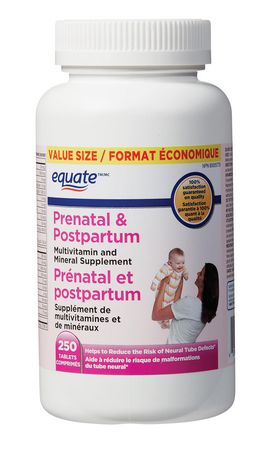 Most prenatal vitamins have this amount. You also can get iron from food. Good sources of iron include:
Most prenatal vitamins have this amount. You also can get iron from food. Good sources of iron include:
- Lean meat, poultry and seafood
- Cereal, bread and pasta that has iron added to it (check the package label)
- Leafy green vegetables
- Beans, nuts, raisins and dried fruit
Foods containing vitamin C can increase the amount of iron your body absorbs. It's a good idea to eat foods like orange juice, tomatoes, strawberries and grapefruit every day.
Calcium (in dairy products like milk) and coffee, tea, egg yolks, fiber and soybeans can block your body from absorbing iron. Try to avoid these when eating iron-rich foods.
If you don’t get enough iron during pregnancy, you may be more likely to experience:
- Infections.
- Anemia. This means you have too little iron in your blood.
- Fatigue. This means you feel really tired or exhausted.
- Premature birth. This means your baby is born too soon, before 37 weeks of pregnancy.

- Low birthweight. This means your baby is born weighing less than 5 pounds, 8 ounces.
What is calcium?
Calcium is a mineral that helps your baby’s bones, teeth, heart, muscles and nerves develop. During pregnancy, you need 1,000 milligrams of calcium each day. You can get this amount by taking your prenatal vitamin and eating food that has a lot of calcium in it. Good sources of calcium include:
- Milk, cheese and yogurt
- Broccoli and kale
- Orange juice that has calcium added to it (check the package label)
If you don’t get enough calcium during pregnancy, your body takes it from your bones and gives it to your baby. This can cause health conditions, such as osteoporosis, later in life. Osteoporosis causes your bones become thin and break easily.
What is vitamin D?
Vitamin D helps your body absorb calcium. It also helps your body’s nerves, muscles and immune system work. Your immune system protects your body from infection.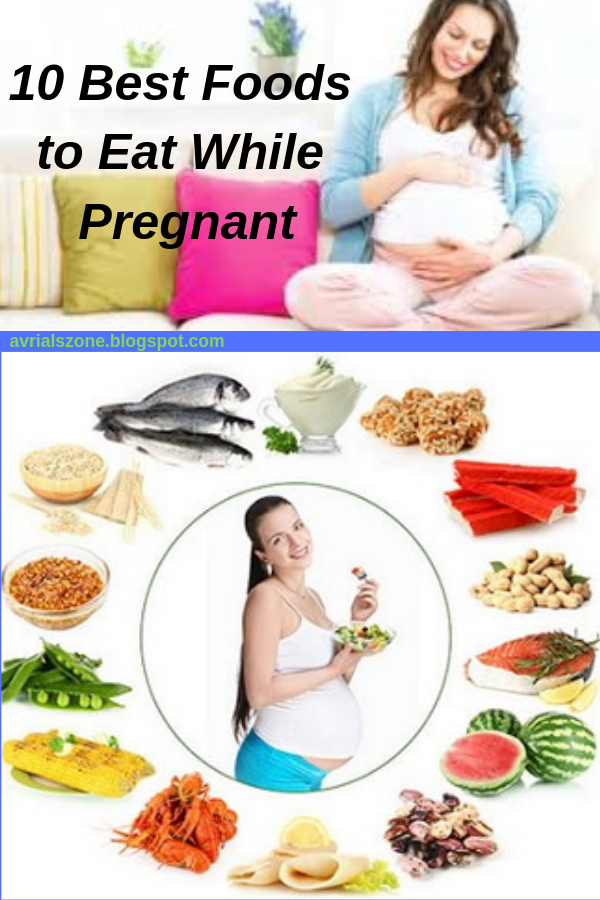 Vitamin D helps your baby’s bones and teeth grow.
Vitamin D helps your baby’s bones and teeth grow.
During pregnancy, you need 600 IU (international units) of vitamin D each day. You can get this amount from food or your prenatal vitamin. Good sources of vitamin D include:
- Fatty fish, like salmon
- Milk and cereal that has vitamin D added to it (check the package label)
What is DHA?
Docosahexaenoic acid (DHA) is a kind of fat (called omega-3 fatty acid) that helps with growth and development. During pregnancy, you need DHA to help your baby’s brain and eyes develop. Not all prenatal vitamins contain DHA, so ask your provider if you need to take a DHA supplement.
During pregnancy, it is recommended that women eat 8 to 12 ounces of seafood low in mercury each week. Good sources of DHA include:
- Herring, salmon, trout, anchovies, halibut, catfish, shrimp and tilapia
- Orange juice, milk and eggs that have DHA added to them (check the package label)
What is iodine?
Iodine is a mineral your body needs to make thyroid hormones, which help your body use and store energy from food.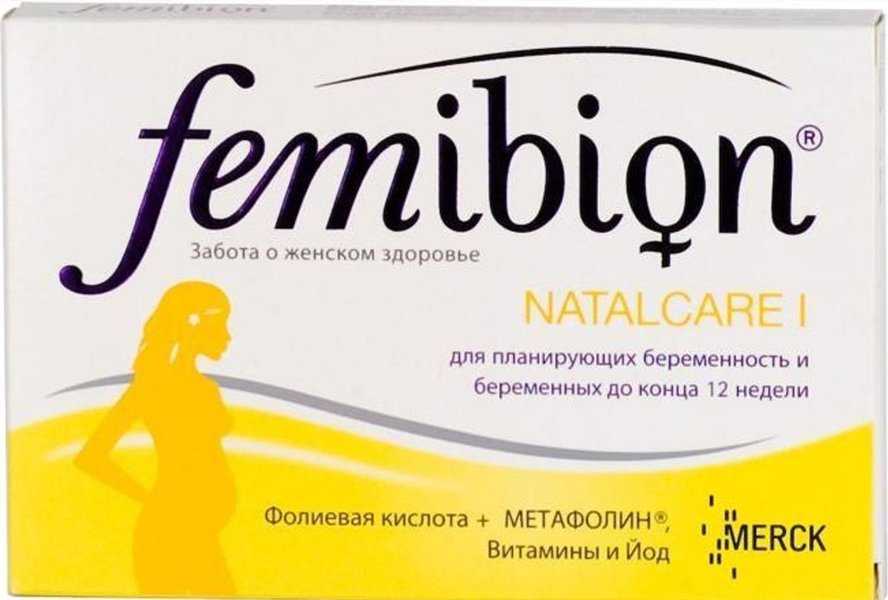 You need iodine during pregnancy to help your baby’s nervous system develop. The nervous system (brain, spinal cord and nerves) helps your baby move, think and feel.
You need iodine during pregnancy to help your baby’s nervous system develop. The nervous system (brain, spinal cord and nerves) helps your baby move, think and feel.
During pregnancy, you need 220 micrograms of iodine every day. Not all prenatal vitamins contain iodine, so make sure you eat foods that have iodine in them. Ask your provider if you need to take an iodine supplement.
Good sources of iodine include:
- Fish
- Milk, cheese and yogurt
- Enriched or fortified cereal and bread (check the package label)
- Iodized salt (salt with iodine added to it; check the package label)
Last reviewed September, 2020
The Best Vitamins to Take (and Avoid) While Pregnant
Gaby Vaca-Flores, RDN, CLE, shares recommended vitamins to take while pregnant. Plus: additional supplements for a healthy pregnancy, other prenatal nutritional needs, and vitamins to avoid during pregnancy.
Is it safe to take vitamins during pregnancy? If so, what vitamins should I take while pregnant?
These are some of the most common questions that dietitians get from expectant and new mothers.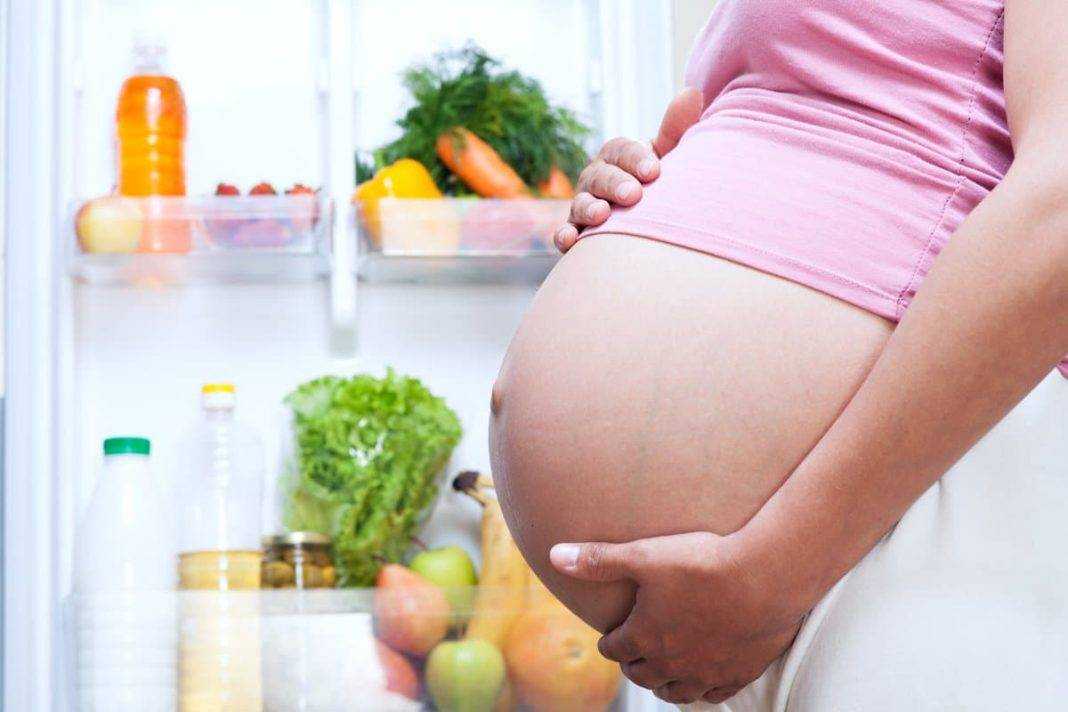 It’s no secret that proper nourishment can better optimize your pre- and postnatal care. But exactly which vitamins and supplements should you take during pregnancy?
It’s no secret that proper nourishment can better optimize your pre- and postnatal care. But exactly which vitamins and supplements should you take during pregnancy?
In this article, we’re bringing things back to science-backed basics. When it comes to supplements and pregnancy, we’ve compiled the information you need to have a safe and healthy term.
One important note: This information should not be used in lieu of professional medical advice. Always follow guidance from your OB-GYN and/or primary care physician.
The Importance of Prenatal Nutrition
Meeting your daily nutrient needs during pregnancy is necessary to keep up with your rapidly-changing maternal metabolism. Maternal nutrition is essential for healthy fetal growth and development. In fact, there’s growing research that suggests the effects of prenatal nutrition can trickle into adulthood. And there are certain vitamins and minerals that are crucial for healthy development, like iron, folate, vitamin D, and vitamin B12—all of which support proper growth of the fetus. For that reason, it’s important to learn about necessary vitamins and minerals for pregnant women, as well as additional supplement and macronutrient needs.
For that reason, it’s important to learn about necessary vitamins and minerals for pregnant women, as well as additional supplement and macronutrient needs.
The Best Supplements to Take During Pregnancy
In addition to the vitamins and nutrients discussed above, here are five of the best supplements to take while pregnant.
1. Prenatal Multivitamin
A prenatal vitamin is one of the best vitamins to take during pregnancy. These multivitamins can help cover their increased nutrient needs. It’s difficult to get enough of these essential nutrients simply through food, which is why a prenatal vitamin is recommended by the American College of Obstetricians and Gynecologists (ACOG).
Wondering what those nutrients are? Here’s a list of some of the key ones and how much you should aim to consume each day from food and supplements, according to the ACOG:
- Choline: 450 mg
- Folic acid: 600 mcg
- Iodine: 220 mcg
- Iron: 27 mg
- Vitamin A: 770 mcg
- Vitamin B6: 1.
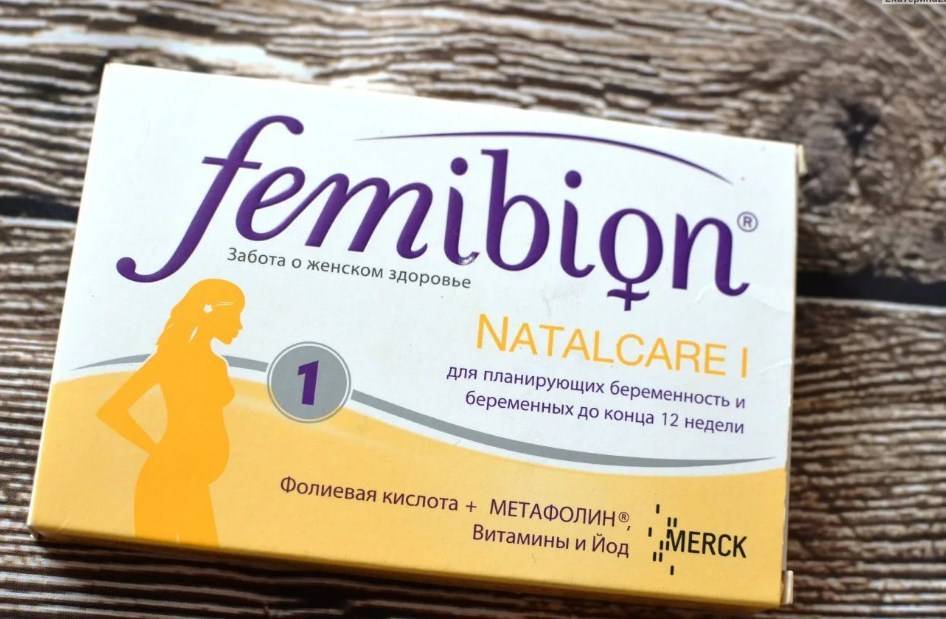 9 mg
9 mg - Vitamin B12: 2.6 mcg
- Vitamin C: 85 mg
- Vitamin D3: 600 IU
Your OB-GYN will likely recommend you to continue taking a prenatal supplement after you give birth and while you breastfeed, as your body still requires more nutrients than it normally does. (Learn more about postnatal nutrition from HUM’s registered dietitian and mother of two, Chelsey Amer, RDN, CDN.)
HUM’s prenatal vitamin, Womb Service, is RD- and OBGYN-formulated to help support your nutritional needs through every stage of pregnancy—from pre- to post-pregnancy. It contains 23 essential nutrients, such as:
- Folate, which supports neural tube development
- Vegan DHA, which supports optimal brain, visual and overall health in babies* (with no aftertaste)
- Choline, which supports baby’s brain and spinal cord development
2. Omega-3 Fatty Acids
Doctors will often encourage their pregnant patients to take a supplement that provides omega-3 fatty acids, especially DHA.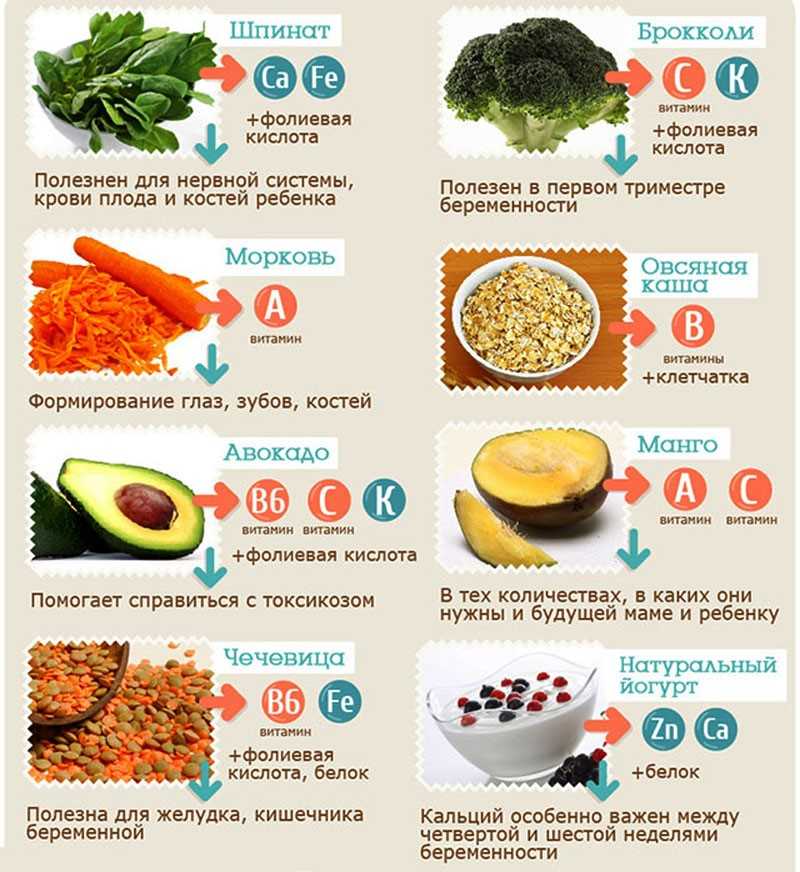 Here’s why.
Here’s why.
Why they’re important: Omega-3 fatty acid stores tend to deplete quickly throughout pregnancy. Fortunately, omega-3 fatty acids provide DHA, one of its most biologically-active acids.
DHA is a key part of healthy brain development in babies. The benefits of taking omega-3 fatty acid extend to postnatal nutrition, too. Researchers suggest that rapid depletion of fatty acids during pregnancy and breastfeeding may contribute to the baby blues. Omega-3s are also good for heart and overall health benefits.
Sources and dosage: Food sources of omega-3 fatty acids include:
- Cold-water fish
- Nuts
- Seeds
- Plant oils
The ACOG recommends that pregnant and breastfeeding women eat at least two servings of fish or shellfish per week to help increase omega-3 intake. However, raw and undercooked fish is one of the foods to avoid during pregnancy (and one of the foods to avoid or limit while breastfeeding).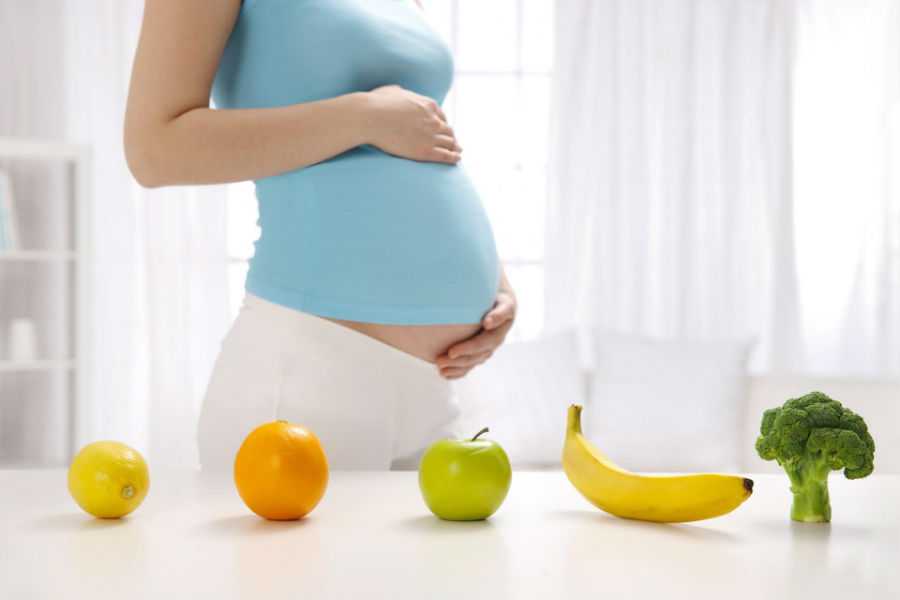 . Additionally, you should also avoid fish with high mercury levels while pregnant.Most prenatal vitamins contain about 200 milligrams of DHA. However, the American Pregnancy Association recommends looking for a prenatal vitamin with a minimum of 300 milligrams of DHA. For reference, one serving of HUM’s Womb Service Step 2 Prenatal DHA packs 350 milligrams.
. Additionally, you should also avoid fish with high mercury levels while pregnant.Most prenatal vitamins contain about 200 milligrams of DHA. However, the American Pregnancy Association recommends looking for a prenatal vitamin with a minimum of 300 milligrams of DHA. For reference, one serving of HUM’s Womb Service Step 2 Prenatal DHA packs 350 milligrams.
3. Calcium
Calcium is the most abundant mineral in the body. It’s well known for its ability to support strong bones and teeth. Less known are calcium’s other important functions such as its role in blood circulation, hormone regulation, fluid balance, and muscle movement.
Why it’s important: In pregnant women, calcium helps with the healthy formation of the fetus’s bones and teeth. Calcium can also have beneficial effects for the mother (especially as it pertains to maintaining bone mass throughout pregnancy).
Sources and dosage: One of the best ways to support your calcium intake is through food.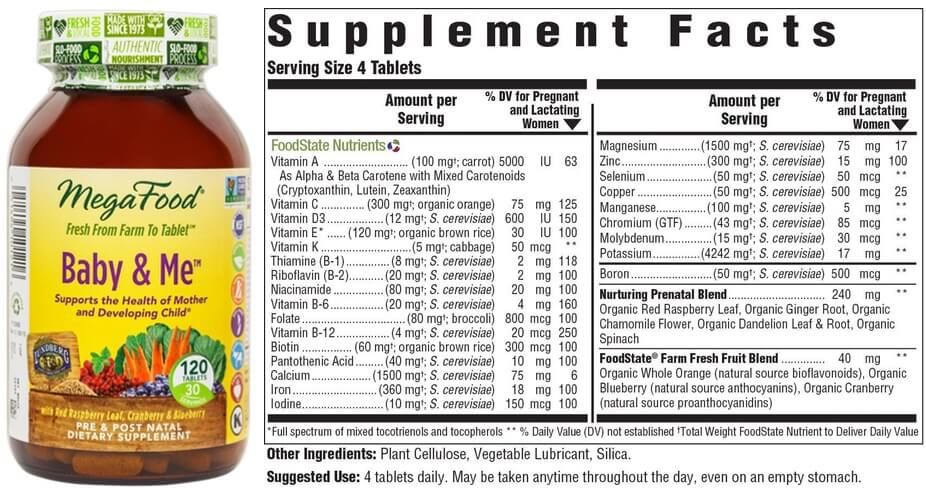 Calcium can be found in a variety of foods, including:
Calcium can be found in a variety of foods, including:
- Dairy products (milk, cheese, yogurt, etc.)
- Green leafy vegetables
- Fortified foods (juices, plant-based milks)
- Almonds
- Broccoli
- Sesame seeds
Adult women should aim to consume 1,000 milligrams of calcium daily. While calcium requirements don’t increase during pregnancy, ensuring that you’re getting enough is very important. In fact, calcium absorption during pregnancy is directly linked to how much calcium the expectant mother consumes through diet or supplementation.
With that in mind, you might benefit from taking a calcium supplement if you suspect that you aren’t getting enough calcium through diet alone.
If your doctor recommends boosting your calcium intake, consider trying HUM’s Got Calcium vegan supplement, which packs 630 mg of calcium per serving.
3. Vitamin D
Vitamin D status is important for everyone—it’s one of the best vitamins to take for hormonal imabalance, and it helps with skeletal health, hormonal regulation, and blood sugar balance.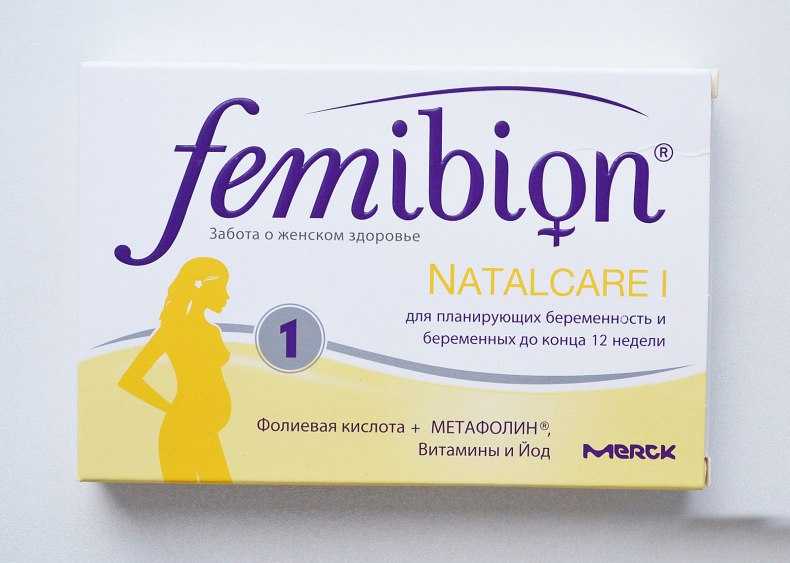 The fetus relies on maternal vitamin D intake, which is why it’s one of the most important vitamins to take while pregnant. In fact, anywhere from 40 to 98 percent of pregnant women around the world are vitamin D deficient.
The fetus relies on maternal vitamin D intake, which is why it’s one of the most important vitamins to take while pregnant. In fact, anywhere from 40 to 98 percent of pregnant women around the world are vitamin D deficient.
Why it’s important: Vitamin D plays a key role in fetal bone and teeth development. A 2014 systematic review reveals that maternal vitamin D status is “modestly” associated with:
- Infant birth weight
- Bone mass
- Calcium levels
Vitamin D is also critical for eye and skin health.
Sources and dosage: There are a number of ways to get your vitamin D intake, including through:
- Fortified foods
- Vitamin D supplements
- Prenatal supplement
If you’re taking a prenatal vitamin, ensure that it includes adequate amounts of vitamin D. The ACOG recommends that pregnant women (and all women for that matter) get 15 micrograms (or 600 IUs) of vitamin D daily. If your doctor detects that you have low vitamin D levels, they may recommend additional supplementation.
4. Probiotics
Another helpful supplement to take while pregnant? Probiotics. Probiotics are gut-friendly bacteria that help balance the microbiome.
The gut microbiota—or the collection of bacteria and other microorganisms in the gut—influences many areas of health. The gut microbiome can play a role in processes ranging from immunology to digestive health, as well as pregnancy.
Why they’re important: An infant’s gut microbiota starts forming throughout the entire pregnancy and continues colonizing during the first years of life.
For this reason, there’s an increased interest in the efficacy of prenatal probiotic supplementation. Research suggests that taking probiotics is generally safe for pregnant and nursing mothers, but it’s best to check first with your healthcare provider.
Additionally, in 2015, the World Allergy Organization recommended prenatal probiotic supplementation for both:
- Pregnant women at risk of having an infant with allergies
- Women who nurse an infant who’s at risk for allergies
Sources and dosage: There are a number of fermented and probiotic foods you can add to your diet. Additionally, HUM’s Gut Instinct probiotic includes strains to help diversify the gut microbiome.
Additionally, HUM’s Gut Instinct probiotic includes strains to help diversify the gut microbiome.
5. Vitamin B12
Vitamin B12, also known as cobalamin, is a nutrient that supports the nervous system. It also plays a role in creating red blood cells and DNA.
Why it’s important: Vitamin B12 is important for helping to develop a baby’s neurological functions. Specifically, it is required for the formation of the neural tube, brain, and spine.
Sources and dosage: Many animal proteins and fortified foods contain vitamin B12. Additionally, a good prenatal supplement should contain at least 2.6 mcg (the recommended daily value for pregnancy and adults in general) for healthy nervous system development, according to ACOG.
However, some pregnant women may need to supplement with additional vitamin B12 during pregnancy. In particular, those following a plant-based diet may be at higher risk for B12 deficiency (since this nutrient is mostly found in animal products).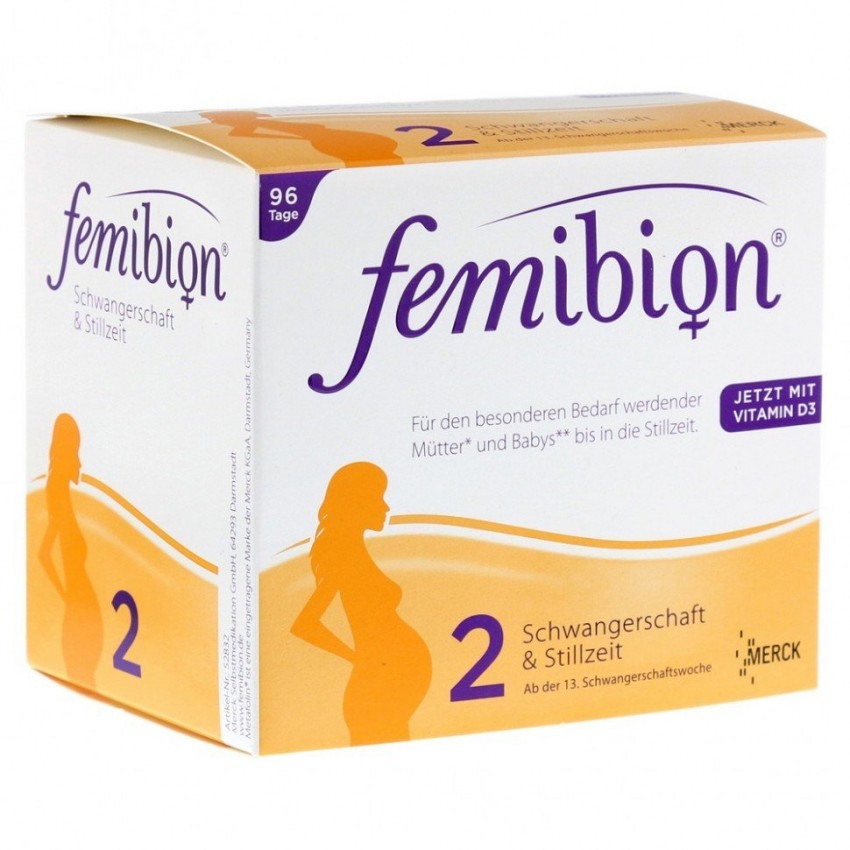 As such, your doctor may recommend a B12 supplement if you are plant-based or had low levels prior to pregnancy. If your doctor recommends supplementing B12 throughout your pregnancy, you can find 1,000 mcg (per serving) in HUM’s B12 Turbo.
As such, your doctor may recommend a B12 supplement if you are plant-based or had low levels prior to pregnancy. If your doctor recommends supplementing B12 throughout your pregnancy, you can find 1,000 mcg (per serving) in HUM’s B12 Turbo.
Additional Prenatal and Postnatal Nutrition Needs to Know
A woman’s nutritional needs increase during pregnancy. But when it comes to the amount of calories consumed, it’s not as much as you might think.
On average, most pregnant women will need to consume an extra 340 extra calories per day.
Additionally, the CDC recommends that breastfeeding mothers consume an additional 450 to 500 calories daily. However, this number can vary depending on your:
- Body mass
- Activity level
- Breastfeeding frequency
During pregnancy, there’s also an uptick in certain macronutrient needs. Macronutrients are large food nutrients such as protein, carbs, and fats. The American Pregnancy Association recommends increasing protein intake to 75 to 100 grams per day while pregnant. In addition, pregnant women should strive to get plenty of fiber from complex carbohydrates and choose fewer foods high in saturated fats.
In addition, pregnant women should strive to get plenty of fiber from complex carbohydrates and choose fewer foods high in saturated fats.
Supplements to Avoid While Pregnant or Breastfeeding
While the vitamins and supplements above are generally considered safe for pregnant and nursing mothers, certain plants and herbs can potentially be harmful while pregnant or breastfeeding. That’s why you must always let your doctor know about any supplements you take.
According to the American Pregnancy Association, avoid these plants and herbs while pregnant or breastfeeding:
- Saw palmetto
- Goldenseal
- Dong quai
- Ephedra
- Yohimbe
- Pau d’arco
- Passion flower
- Black cohosh
- Blue cohosh
- Roman chamomile
- Pennyroyal
Weekly reads to help you level-up your skincare, wellness, digestion, nutrition, and more.
By signing up to receive our weekly newsletter, The Wellnest, you agree to our privacy policy.
The Takeaway
So, is it safe to take vitamins while pregnant? Yes, it’s generally safe to take certain supplements and vitamins while pregnant or breastfeeding. Of course, some herbs and supplements are not safe, which is why it’s so important to consult your doctor about every single supplement you’re taking.,
Not only is it safe to take vitamins while pregnant, but it’s also extremely helpful. Expecting mothers have unique nutrient needs that are necessary to optimize prenatal care. For most pregnant women, taking a well-rounded prenatal supplement while pregnant is a great place to start.
**As a reminder, the information in this article is for educational purposes only. Pregnant and nursing women should always consult their OB-GYN and/or primary care physician before adding any vitamins or supplements to their routines.
The best vitamins for pregnant women - Anna Luban on vc.ru
During pregnancy, women need to maintain the quality of their nutrition at a high level.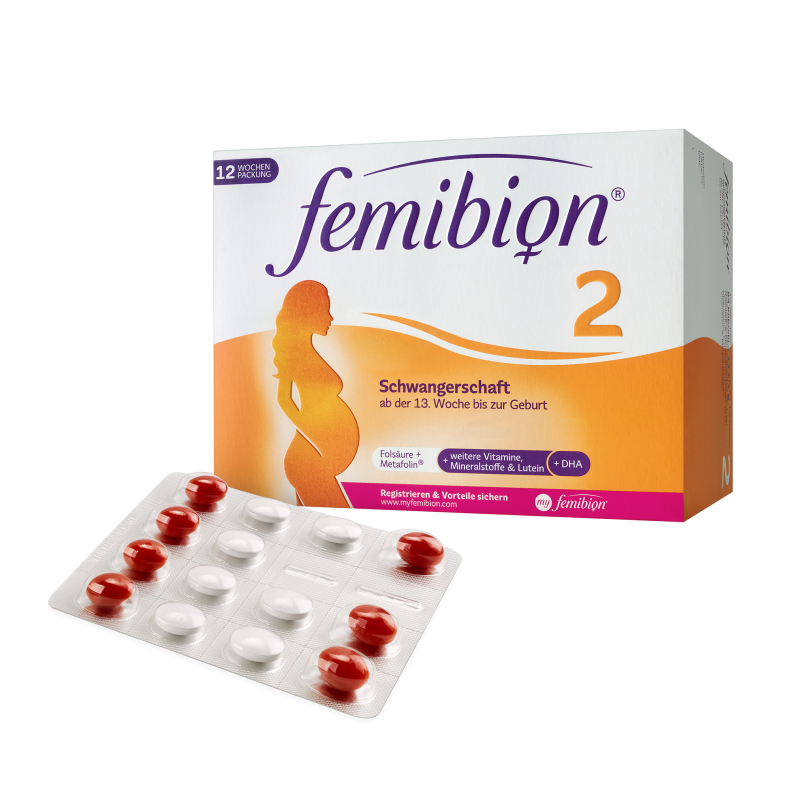 At this time, you need to eat foods rich in vitamins and minerals. It is especially important to monitor the level of consumption of vitamins A, C, D, E, K, as well as micro and macro elements - iron, iodine, zinc, folic acid.
At this time, you need to eat foods rich in vitamins and minerals. It is especially important to monitor the level of consumption of vitamins A, C, D, E, K, as well as micro and macro elements - iron, iodine, zinc, folic acid.
5996 views
Experts recommend taking vitamins and micro and macro elements in the form of vitamin complexes during this period. When choosing a drug, you should pay attention to the composition and manufacturer.
Vitamin complexes for pregnant women should contain from 100% to 200% of the daily value of vitamins and micro and macro elements.
To date, there are many different vitamin complexes for pregnant women on the market. You can choose the right drug by examining the rating of vitamins for pregnant women.
TOP 12 best prenatal vitamins
A unique vitamin and mineral complex that contributes to the proper development of the main organs of the child - the heart and brain.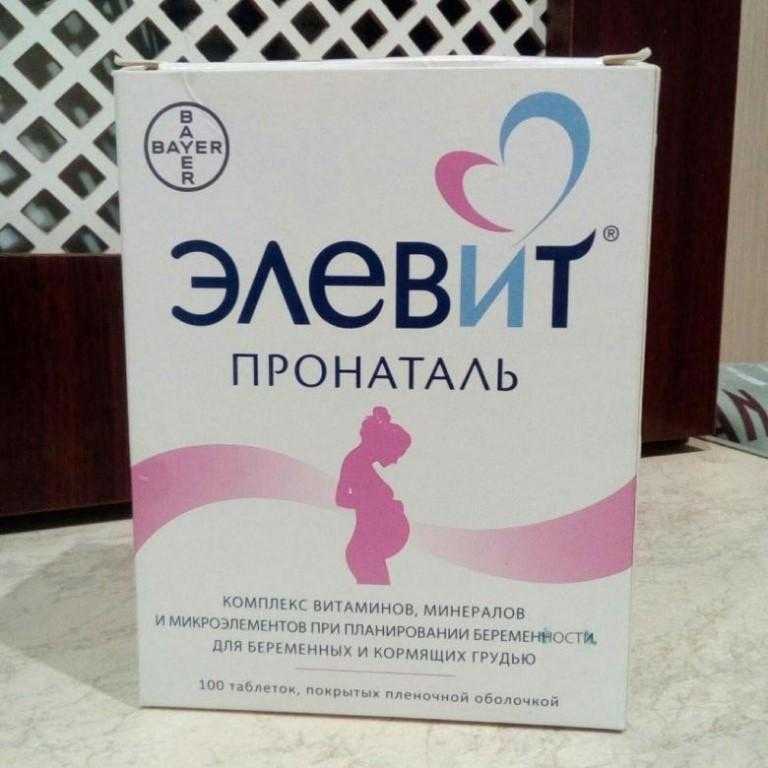 It is high in iron, calcium, magnesium and folic acid. Combined with other drugs for pregnant women, for example, Magne B6. The composition does not contain iodine, so the supplement is prescribed to patients with an allergic reaction to it. After the start of the application, many women note a reduction in hair loss, and in some cases, the problem is reduced to zero.
It is high in iron, calcium, magnesium and folic acid. Combined with other drugs for pregnant women, for example, Magne B6. The composition does not contain iodine, so the supplement is prescribed to patients with an allergic reaction to it. After the start of the application, many women note a reduction in hair loss, and in some cases, the problem is reduced to zero.
Benefits
- Easy to take;
- Improves the condition of nails, reduces hair loss;
- A positive effect in the form of an increase in mood and an improvement in well-being is observed already in the second week of taking the remedy.
Disadvantages
- Not everyone likes the taste of the drug;
- There are side effects and some contraindications.
Contains 11 vitamins and 9 minerals that are vital for the harmonious formation and development of the child, including vitamins: A, C, D, folic acid, iron, zinc, iodine, selenium and others.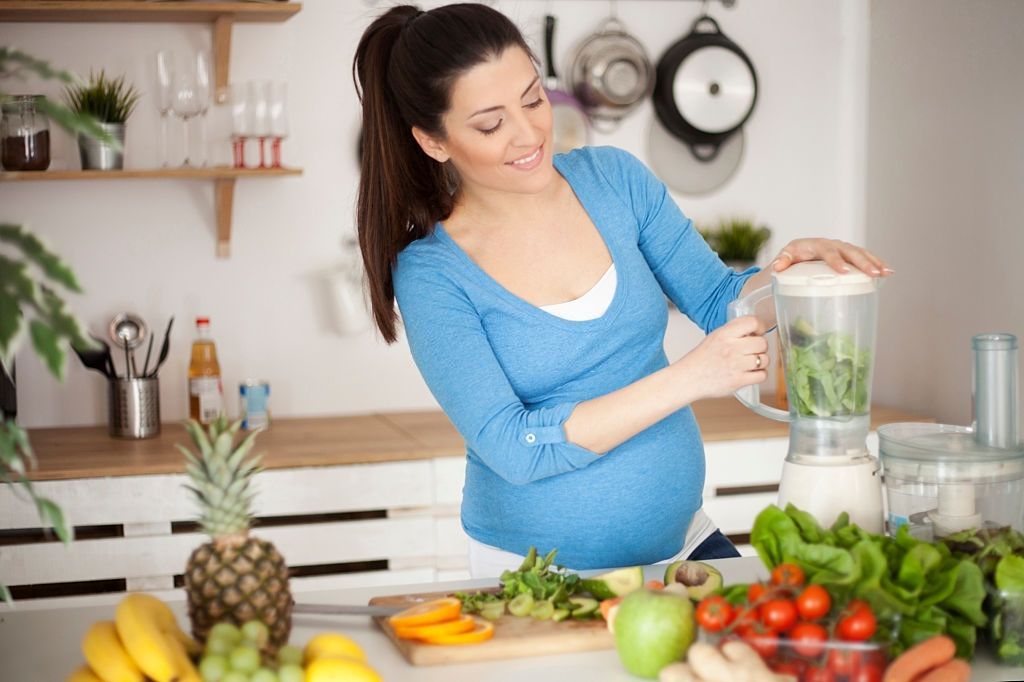 It acts as a prophylactic that prevents abnormal development of the fetus. It is recommended at the stage of preparation for conception for the prevention of defects in the neural tube of the fetus and pathologies of the thyroid gland of the mother and fetus. Prevents and replenishes the lack of elements both during pregnancy and during breastfeeding.
It acts as a prophylactic that prevents abnormal development of the fetus. It is recommended at the stage of preparation for conception for the prevention of defects in the neural tube of the fetus and pathologies of the thyroid gland of the mother and fetus. Prevents and replenishes the lack of elements both during pregnancy and during breastfeeding.
Benefits
- Carefully balanced composition;
- Can be taken when planning a pregnancy, as well as after birth - during breastfeeding;
- Actively participates in the formation of all organs, skeleton and tissues of the unborn child;
- Completely natural composition without dyes and preservatives;
- Easy to take, just one tablet a day.
Disadvantages
- Sometimes causes increased nausea with toxicosis and allergic reactions in the form of a rash.

A complete multivitamin with 100% of the recommended daily allowance of vital nutrients. The product helps the normal development of the brain and organs of vision. Folic acid actively contributes to the correct and proportional growth of the child. The composition contains iron, with the active participation of which oxygen is delivered to the fetus in the required amount. Includes a liquid gel with Omega-3 fatty acid, which is responsible for the formation of the organs of vision, has a positive effect on the development of the fetal brain.
Benefits
- Contains all essential vitamins and minerals;
- Well absorbed by the body;
- A positive effect is quickly noticeable.
Disadvantages
- High price;
- It is problematic to find in free sale.
The positive qualities and balance of the composition of the complex are noted by many gynecologists. The drug is prescribed both in the early stages of preparation for pregnancy, and at the time when it becomes necessary to combat toxicosis, vitamin deficiency and hair loss problems. Available in the form of small tablets in three colors - pink, blue and cream. Each of them is an independent balanced vitamin-mineral preparation that has a pronounced effect on the body. The components in the tablet are compatible and easy to digest.
The drug is prescribed both in the early stages of preparation for pregnancy, and at the time when it becomes necessary to combat toxicosis, vitamin deficiency and hair loss problems. Available in the form of small tablets in three colors - pink, blue and cream. Each of them is an independent balanced vitamin-mineral preparation that has a pronounced effect on the body. The components in the tablet are compatible and easy to digest.
Advantages
- Vitamins and minerals are divided among themselves taking into account the peculiarities of their assimilation by the body;
- Reasonable price.
Disadvantages
- Individual intolerance to the components.
One of the newest vitamin and mineral complexes. It has a high content of folic acid, which will be useful for women who become pregnant in the autumn-winter period. The iron included in the composition together with vitamin D prevents the development of anemia.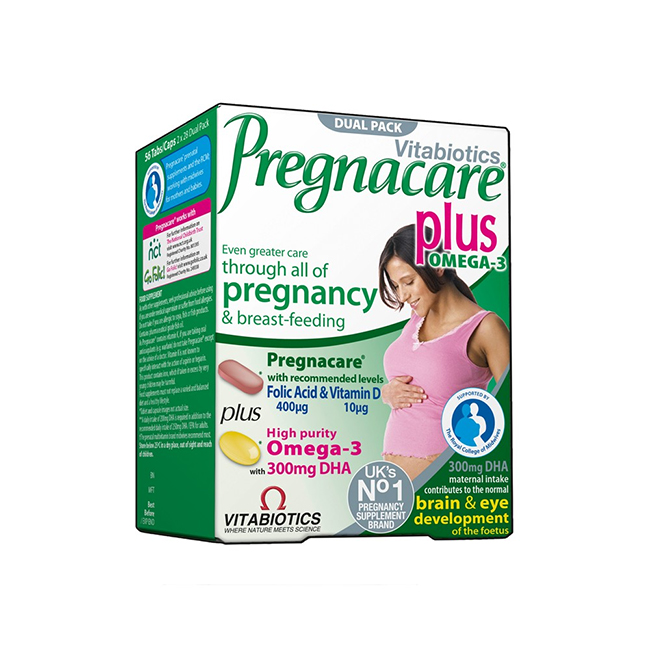 Magnesium is involved in many metabolic reactions, helps to relax muscles, improve blood flow. In addition, the product formula includes the necessary daily dose of iodine.
Magnesium is involved in many metabolic reactions, helps to relax muscles, improve blood flow. In addition, the product formula includes the necessary daily dose of iodine.
Advantages
- High-quality drug, which is quite affordable;
- The positive effect is noticeable within a few days after the start of treatment;
- Small tablets are easy to swallow;
- Often prescribed for nursing mothers.
Disadvantages
- Difficult to find on sale.
Vitamin complex Pregnomama (old name Pregnoton Mama) is an effective care for the health of the expectant mother and her baby. When creating the drug, modern scientific knowledge and innovative technologies were used. The supplement contains 16 essential components for the health of the child and mother, which are enclosed in one capsule. It combines: extrafolate (ExtrafolateTM) - a highly active form of folic acid, liposomal iron (LipoferTM) does not cause discomfort from the gastrointestinal tract, Omega-3 at a dosage recommended for pregnant women, iodine and 12 more vitamins and minerals.
Benefits
- Just the essentials - nothing more, Omega-3, folates and an easily digestible form of iron in the composition;
- Take only 1 time per day.
Disadvantages
- Large capsules.
The composition of the complex is designed so that the body of a pregnant woman receives absolutely all the substances necessary for feeding her and the child. Women who take these vitamins almost never experience problems such as split or falling hair, brittle nails, and flaky skin. The components have a positive effect on the health and development of the child, support the well-being and immunity of the expectant mother.
Benefits
- Small tablets are easy to take;
- Contains all the necessary nutrients not only for the child, but also for the expectant mother;
- Available from pharmacies.
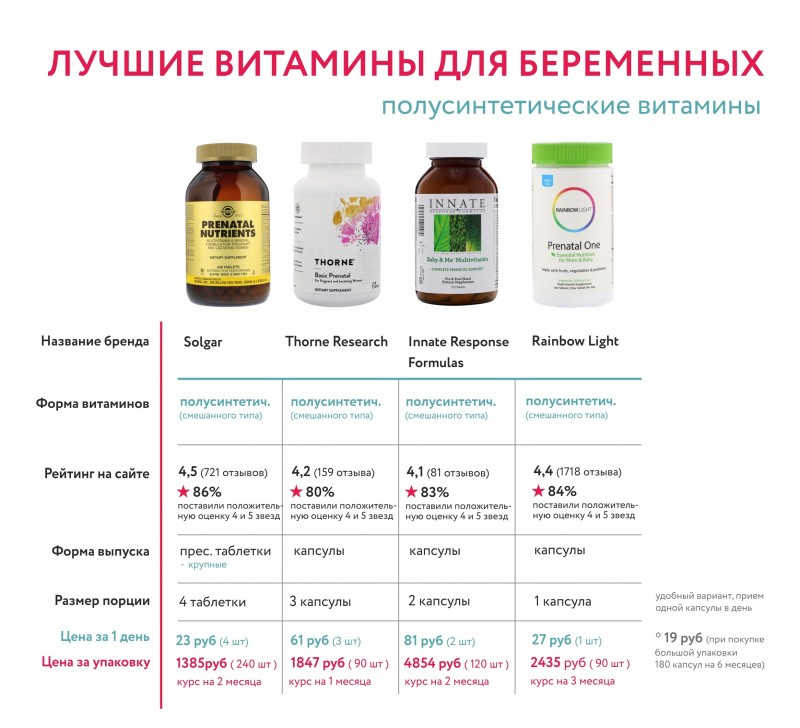
Disadvantages
- Except for the high cost was not found.
Used throughout pregnancy, as well as at the planning stage and during lactation. It is a well balanced vitamin and mineral complex. Each tablet contains 10 trace elements and 7 vitamins, contains a high dosage of "soft" iron, calcium, folic acid and magnesium citrate, which ensures the normal development of the nervous system and the fetal bone skeleton. Multivitamin Prenatal prevents an increase in pressure and toxicity, but first of all, it has a positive effect on the healing of a woman's hair and skin. The product consists exclusively of natural ingredients.
Benefits
- Proven brand with high performance additives;
- Safe balanced composition;
- Non-allergenic;
- Improves well-being by preventing drowsiness and fatigue.
Disadvantages
- Very large tablets;
- May cause nausea during the first trimester.
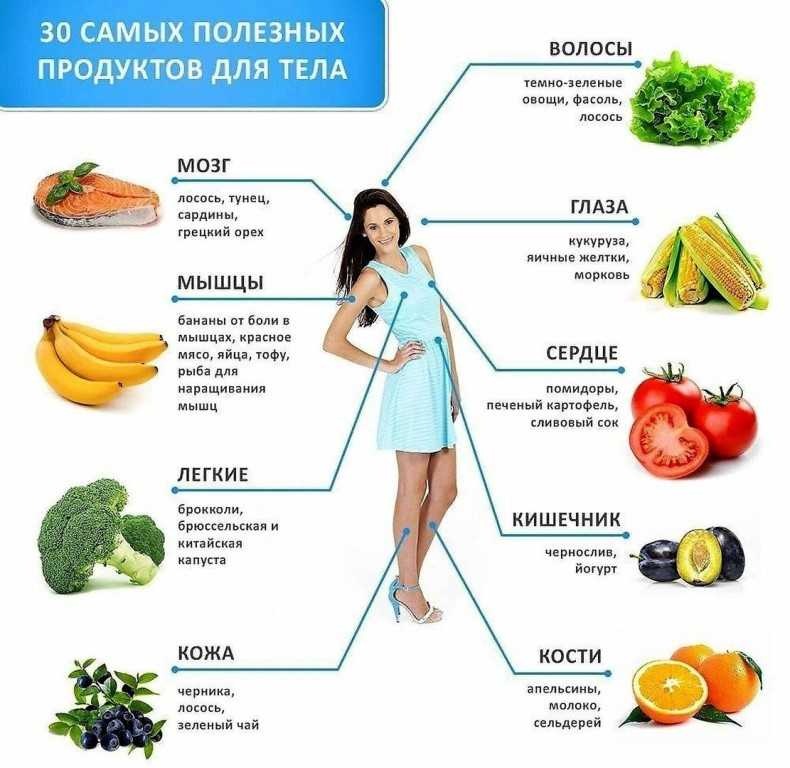
A multi-nutrient, whole food complete product specifically designed to meet the needs of pre-conception and pregnancy women to support both the mother and her fetus. Contains extracts of 20 organic fruits and vegetables, provides the body with vitamins, antioxidants and nutrients.
Benefits
- Raw whole food supplement;
- Contains live probiotics and enzymes;
- Free of binders and fillers.
Disadvantages
- High cost.
Suitable for supporters of herbal vitamins. The product is available in the form of two types of dragee: with iron and iodine for morning use and with calcium for evening use. Natural vitamins are produced in the Altai Territory, contain extracts and extracts of medicinal fruits and plants. The complex is combined with other drugs and vitamins, does not cause hypervitaminosis.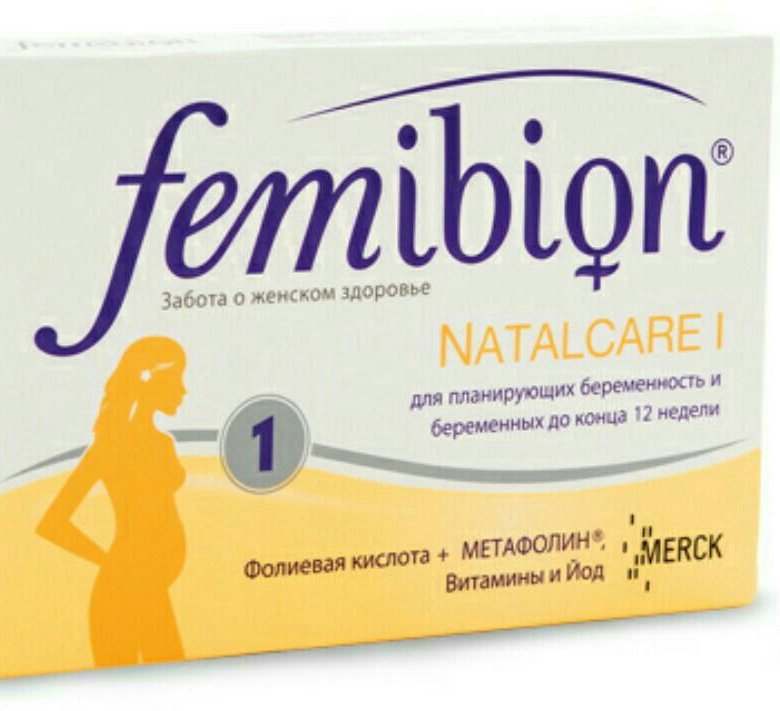
Benefits
- 100% natural;
- Promotes the normalization of the gastrointestinal tract and the prevention of constipation;
- No contraindications;
- Dragees are easy to chew.
Disadvantages
- Poor packaging;
- Packing is not enough for a monthly course.
Balanced composition, contains a comprehensive set of vitamins and minerals for pregnant and lactating mothers. The complex is often prescribed in case of any problems: with malnutrition, calcium deficiency, anemia, vomiting and placental disorders. Each Vitrum tablet contains 13 vitamins and 8 minerals that work together to complement each other. Multivitamins normalize almost all metabolic processes in the body of the mother and the baby growing in the womb.
Benefits
- Doses meet recommended medical guidelines;
- Contains a large amount of vitamins;
- Well absorbed.

Disadvantages
- In rare cases, allergic reactions to the components of the drug.
Budget version of a full-fledged vitamin and mineral complex for expectant mothers. Created taking into account the diet of Russian women, for the prevention of fetal malformations and the successful course of pregnancy. It contains 11 vitamins and 7 minerals. The special production technology of the complex ensures the compatibility of the components in one tablet.
Benefits
- Safe, inexpensive vitamins;
- Available in all pharmacies;
- Non-allergenic.
Disadvantages
- They do not cover all the needs of the expectant mother.
What vitamins do pregnant women need
A special line of vitamins has been created for women who are expecting a baby.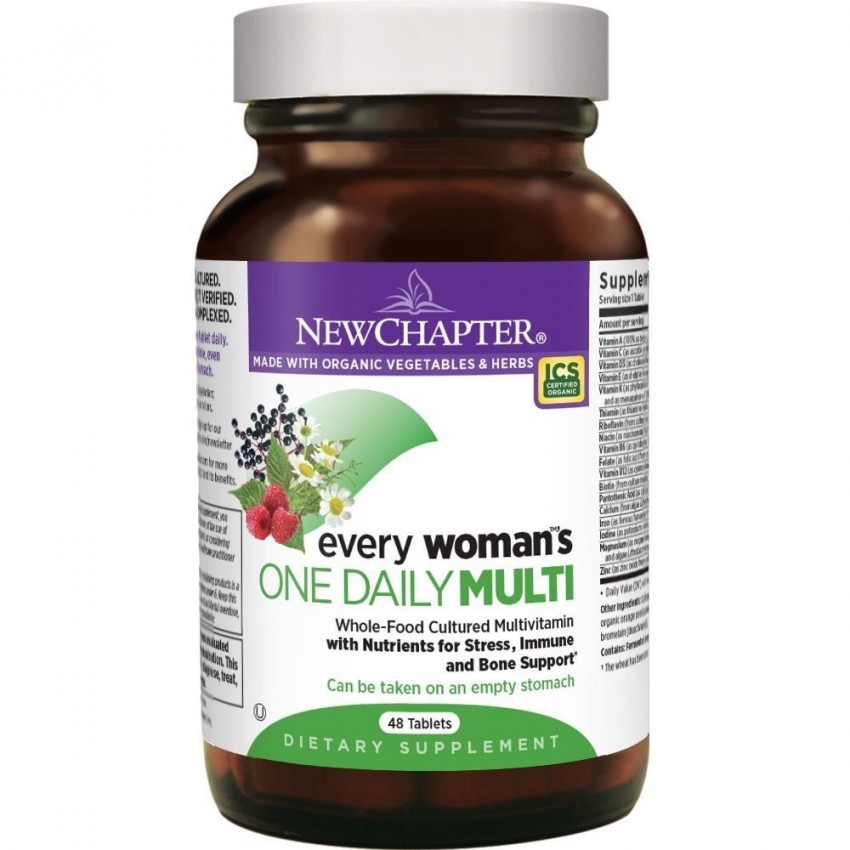 During this period, multiple changes occur in the body and it is important not only to carry the fetus and ensure its comfortable and proper development, but also to maintain the health of the woman in labor.
During this period, multiple changes occur in the body and it is important not only to carry the fetus and ensure its comfortable and proper development, but also to maintain the health of the woman in labor.
I trimester
Is the most important. In the first days after conception, the expectant mother may not be aware of the “interesting situation”, which can lead to malformations of the embryo. At this stage of formation, vessels, internal organs, the cardiac and nervous systems begin to form.
For the first trimester it is necessary to take:
- Vitamin A - supports the proportional and balanced development of the fetus, the elasticity of the mother's skin.
- Vitamin B6 - forms the stability of the central nervous system, improves the absorption of magnesium, prevents anxiety and night cramps.
- Vitamin B9 (folic acid) is necessary not only for cell division, but also for DNA synthesis, the formation of the neural tube of the embryo.
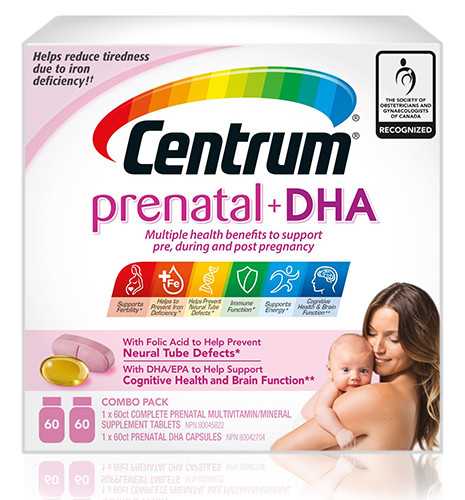
II trimester of pregnancy
This is the time of active growth of the fetus, the formation of its internal organs.
Recommended for use:
Vitamins of group B - its deficiency is critical for the full functioning of the nervous system of the mother and her unborn child, it protects against late toxicosis, provides the synthesis of vital amino acids, and prevents possible malformations. Vitamin C is very important for fetal development. It strengthens the immune system, strengthens the membrane wall of vascular cells, protects them from thrombosis. Vitamin D - is involved in the formation of immunity and the skeleton of the unborn child. Increases the body's defense against the invasion of pathogens, improves visual acuity and maintains maternal health. Vitamins A and E are responsible for the production of collagen for the skin, reduce the risk of stretch marks due to the rapidly growing mother's belly.
III trimester
In this period of a woman's life, the baby grows and becomes viable.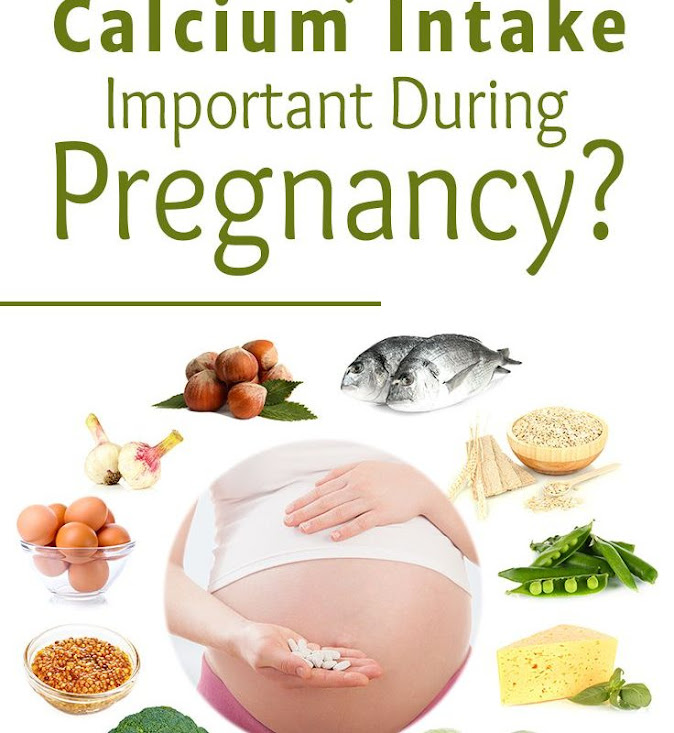 And from a certain moment, the birth even before the term, no longer threatens his life.
And from a certain moment, the birth even before the term, no longer threatens his life.
Mandatory to take:
Vitamins of group B - exclude late toxicosis, as one of the causes of pregnancy complications and premature birth. The state of health of the skeleton of a pregnant woman is affected by a rapid increase in her body weight. Therefore, vitamin D is required to be taken, it will provide the expectant mother with bone strength, as well as the elasticity of cartilage tissue.
And don't forget! Proper and nutritious nutrition during pregnancy is one of the main conditions for the normal development of the fetus and the well-being of the expectant mother.
The best vitamins for pregnant women for the 1st and 2nd trimester
THERE ARE CONTRAINDICATIONS. POSSIBLE SIDE EFFECTS. CONSULT A SPECIALIST BEFORE USEVitamin AVitamin DVitamin EVitamin B-vitaminsFor pregnant and lactating womenImmuneCalciumMagnesiumOmega-3NauseaStrengthening immunityZincContents of the article
- Why should pregnant women take vitamins?
- What vitamins should pregnant women take?
- What vitamins do pregnant women need?
- The best vitamins for pregnant women: expert reviews
Why should pregnant women drink vitamins?
According to the book "Vitamania" by science journalist Katherine Price, the era of the popularity of vitamin supplements began in 1940.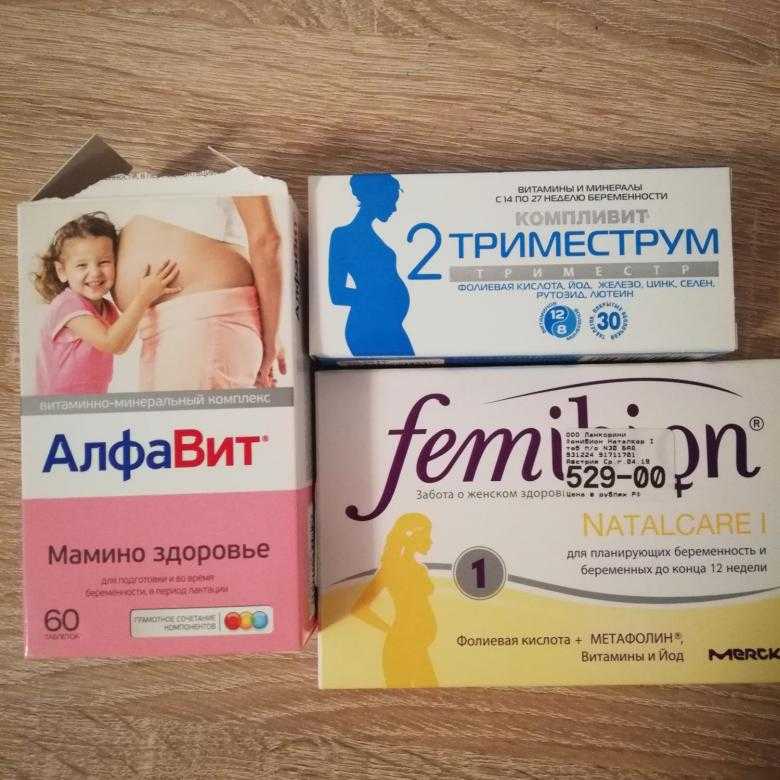 Its origin was facilitated by a number of discoveries of various substances - in high concentration they could treat scurvy and a number of other dangerous conditions. Taking advantage of the situation, the pharmaceutical business immediately began to massively launch vitamin complexes and various supplements for sale. Vitamins for pregnant women are especially useful - they allow you to saturate the body and improve the physiological state of a woman.
Its origin was facilitated by a number of discoveries of various substances - in high concentration they could treat scurvy and a number of other dangerous conditions. Taking advantage of the situation, the pharmaceutical business immediately began to massively launch vitamin complexes and various supplements for sale. Vitamins for pregnant women are especially useful - they allow you to saturate the body and improve the physiological state of a woman.
Let's see what prenatal vitamins are for. Many women believe that vitamins must be taken:
- before pregnancy
- when carrying a child
However, experts are not so unambiguous. Some doctors are sure that the body will independently determine the lack of substances and take them from the diet of a woman, others argue that a lack of vitamins can adversely affect the formation of the embryo.
It is better to stick to the golden mean:
- Visit a gynecologist and consult with him, find out which vitamins pregnant women should take.

- Pass blood tests for hormonal status and the presence of all necessary trace elements in the body.
- Based on the results of the tests, the doctor will determine which vitamins a pregnant woman needs and make appropriate prescriptions.
Many women take vitamins on their own, even before pregnancy. This is a completely acceptable tactic, vitamin complexes are harmless in most cases. But with an excess of substances, negative consequences are possible. In particular, if a woman has accumulated a lot of iron, she will feel worse:
- nausea
- constipation
- increased concentration of platelets in the blood
What vitamins should pregnant women take?
It is better to consult a specialist and get tested. Laboratory tests will determine the lack of certain elements, on the basis of which the doctor will make recommendations.
Vitamins are essential during pregnancy.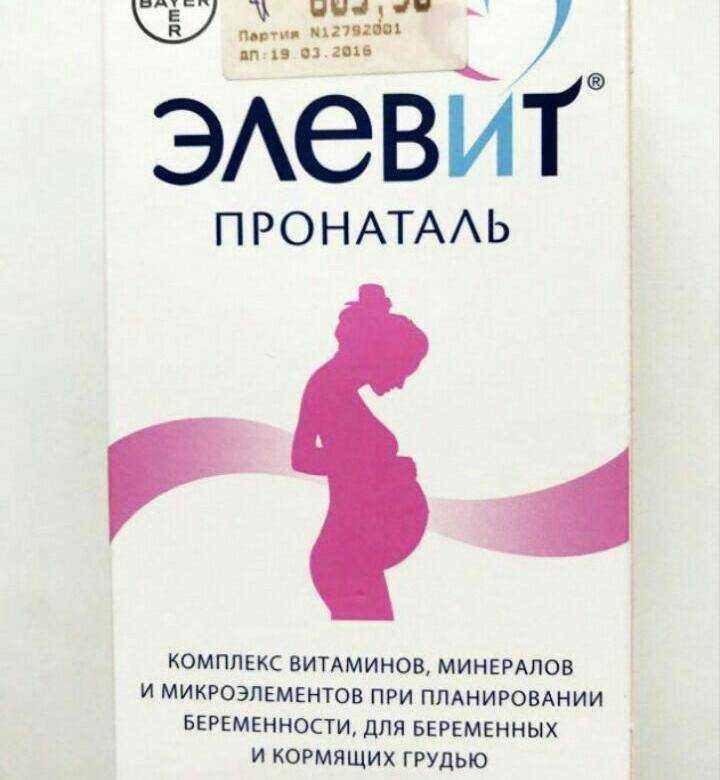 The peculiarity of this condition is the formation of a new organism inside the woman. For its development, microelements and nutrients are taken from the main organism - from the mother. At some point, there will be a shortage of elements, which will lead to a deterioration in well-being:
The peculiarity of this condition is the formation of a new organism inside the woman. For its development, microelements and nutrients are taken from the main organism - from the mother. At some point, there will be a shortage of elements, which will lead to a deterioration in well-being:
- Lack of vitamin D and calcium will lead to brittle nails, hair, destruction of tooth enamel.
- Lack of magnesium and potassium will lead to convulsions, night awakenings due to spasm of the calf muscles.
- Lack of thiamine (vitamins of group B) leads to a violation of the mental state, in acute cases, psychosis is possible.
Vitamins are also important during lactation - if a woman took them during pregnancy, it is better to continue taking useful trace elements during lactation.
What vitamins do pregnant women need?
Let's find out which vitamins are best for pregnant women in the 1st, 2nd and 3rd trimesters separately.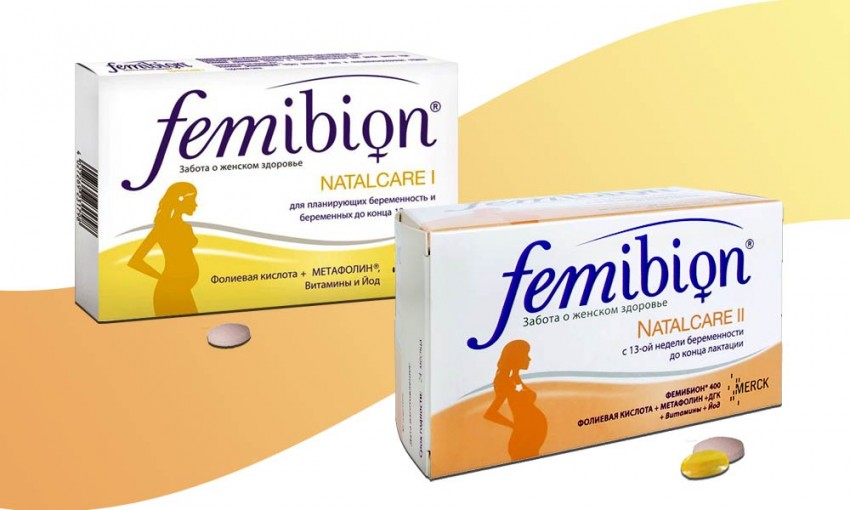
Prenatal vitamins. 1st trimester
- Folic acid or vitamin B9. Promotes the full development of the cardiovascular and nervous systems of the fetus. With its lack, miscarriages are possible.
- Iodine. It is necessary to ensure the normal functioning of the thyroid gland of a woman. Its deficiency leads to mental disorders of the fetus and mother, to disorders of the endocrine system.
- Vitamins B. Contribute to the full development of the embryo. In particular, B12 is needed for the absorption of folic acid, it prevents anemia.
- Zinc. Its absence leads to underdevelopment of the systems and organs of the fetus, as well as to loss of hair and teeth in the mother.
- Calcium. It is necessary for the formation of the skeletal system of the child, as well as to prevent problems with bone tissues, teeth and nails in the mother.
- Vitamin A. Its use is recommended under medical supervision. An overabundance of the vitamin leads to malformations.
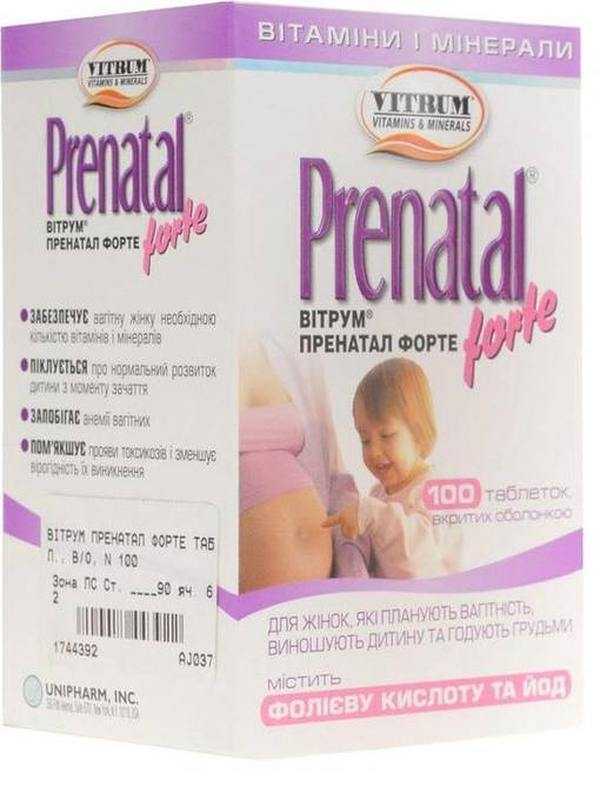
- Rutin. Strengthens the vascular system, avoids swelling in the second and third trimester. The additive contributes to the elasticity of the capillary walls, reducing stagnation in the venous channels.
- Lutein. Allows a pregnant woman to avoid potential retinal problems and maintain her vision. Also, the supplement has a positive effect on the intellectual development of the child.
If you are interested in the question of what vitamins to take for pregnant women in the first trimester, contact your gynecologist and ask them to refer you to the appropriate tests.
All products Folic acid18 reviews
All products Calcium-D3 Nycomed20 reviews
All products Iodine20 reviews
All products Lutein5 reviews
Vitamins for pregnant women. 2nd and 3rd trimester
So, what vitamins for pregnant women in the 2nd and 3rd trimester will help maintain the health and improve the development of the child?
- Tocopherol or vitamin E.
 It is a natural antioxidant, takes part in tissue respiration. Its lack leads to the development of painful sensations in the muscles, to weakness and even to miscarriages.
It is a natural antioxidant, takes part in tissue respiration. Its lack leads to the development of painful sensations in the muscles, to weakness and even to miscarriages. - Cholecalciferol or vitamin D3. It is produced under ultraviolet light, so a pregnant woman should often walk under the sun. Improves the absorption of calcium and phosphorus.
- Retinol or Vitamin A. Beneficial effect on the overall nutrition and development of the embryo. With a lack of this vitamin, a child is born with a lack of weight, and anemia can be diagnosed in the mother.
Otherwise, you should also take the prenatal vitamins described above for the 1st trimester during the 2nd and 3rd trimesters.
All products Retinol acetate5 reviews
All products Retinol palmitate14 reviews
All products Vitamin E40 reviews
The best vitamins for pregnant women: expert reviews
pay attention to the recommendations of gynecologists.


